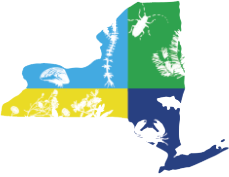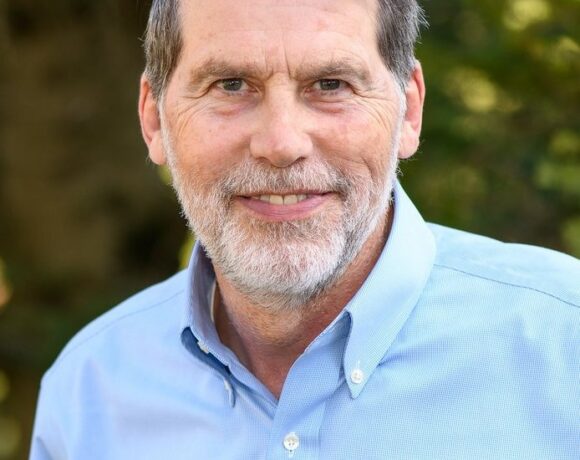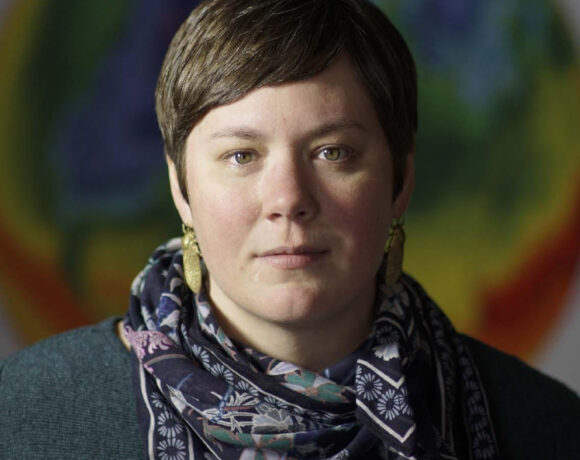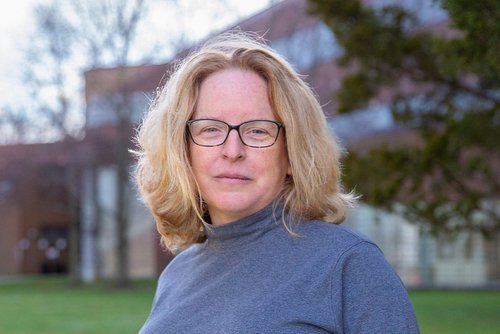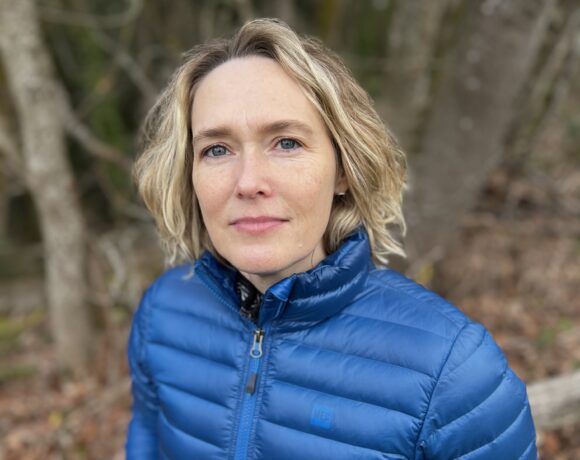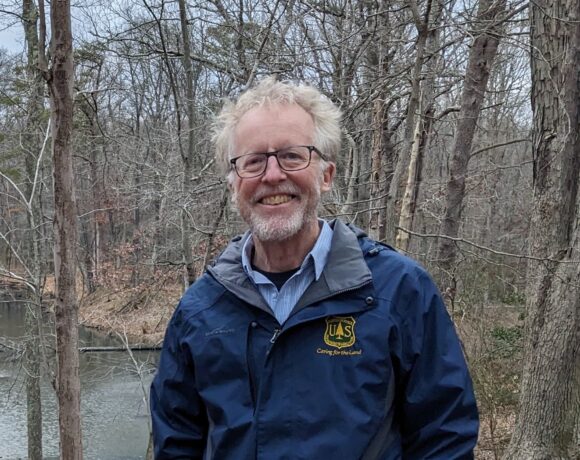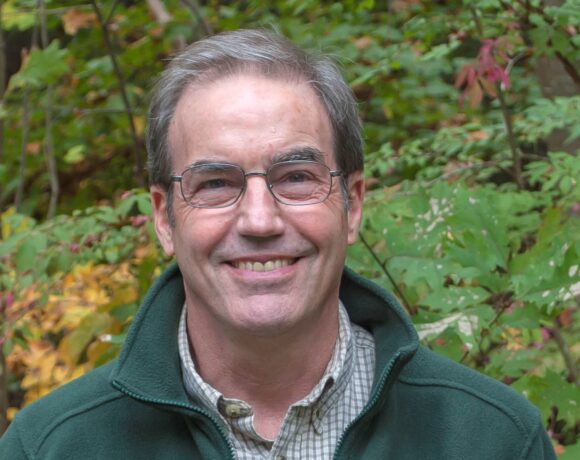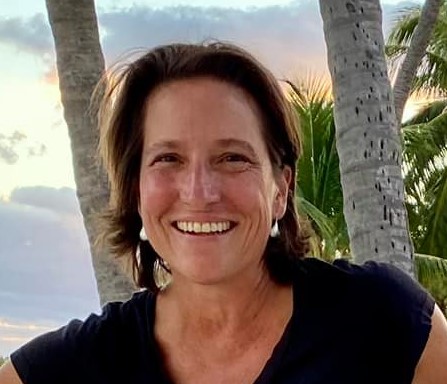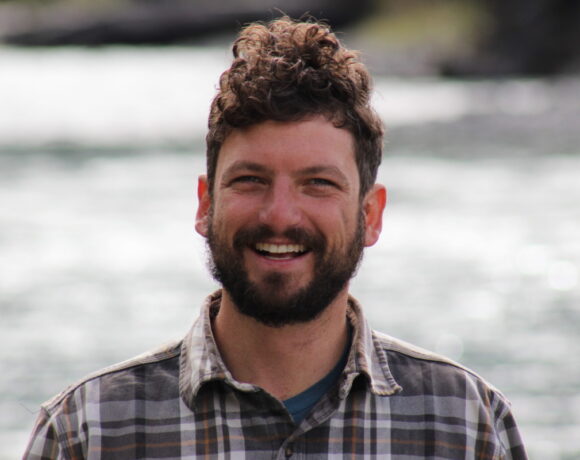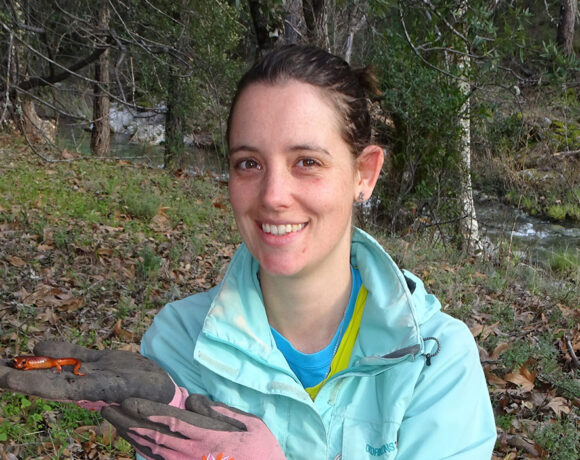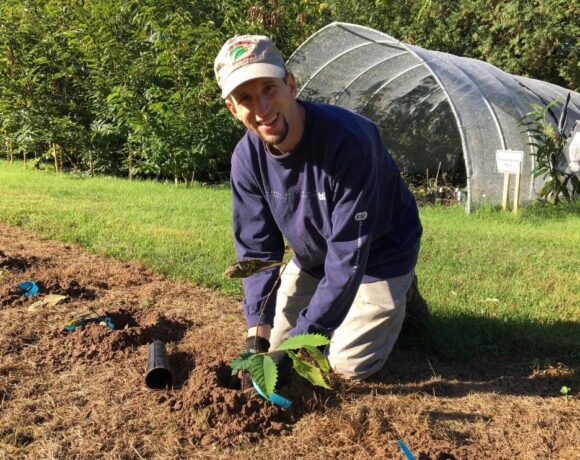Dr. Mark Renz’s research program centers around improving weed management to maximize benefits to the farmer and land manager while minimizing impacts to the environment. NYISRI is pleased to feature him in this month’s researcher spotlight:
What kinds of research questions related to invasive species are you currently asking?
My program focuses on generating knowledge to improve early detection and management of invasive plants. We develop predictive tools to help understand the spread potential for invasive plants on the landscape and into the future, and evaluate control efforts. Mechanical (mowing), biological control (grazing/goats), fire, herbicides, and competition from desirable plants are compared to better understand positive and negative aspects of these techniques in addition to when, where, and how to use to optimize.
What are the basic methods you are using to answer your research questions?
For predictive modeling, we use a range of machine learning techniques to develop predictive maps to aid in monitoring efforts throughout Wisconsin. For control efforts, we conduct field trials that range in complexity depending upon the research goal. These projects occur in forests, grasslands, roadsides, and other areas where invasive plants spread. Efforts try to mimic read-world situations and provide information that can immediately be implemented by practitioners.
Do you have a personal story or path that led to your interest in this research?
I have always been interested in plants, and found invasive plants to be incredibly interesting as they develop unique traits to survive when people do not want them to. I was fascinated by the range of biological and physiological tools they used to survive in our roadsides, lawns, forests, and prairies. While interested in the biology and ecology, I also wanted to conduct research that was of benefit and utility to people. Therefore invasive plant research was a great fit for me and my interests and I find it extremely gratifying to work with land managers throughout the nation to improve their efforts.
How does your research relate to a wider field of invasive species prevention/management?
While prevention is the best tool, we rarely accomplish this. Therefore, we try to aid people in improving their knowledge of which species are most likely to be in their area and promote Early Detection and Rapid Response for those species.
What’s the most important thing about your research for stakeholders, managers, or policy makers to know?
All tools (predictive models, control methods, revegetation methods) have positive and negative aspects. We often try to find one tool that works best and just use that one, but don’t consider it may not be the best tool for specific situations. All tools have limitations, and when we realize those limitations (and strengths) we can improve efforts.
What do you hope the long-term impact of your work will be?
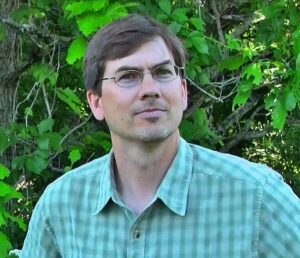 My goal is to influence monitoring and management of invasive plants in Wisconsin and beyond. I hope to develop tools that will improve these aspects so that natural areas are maintained for future generations to enjoy.
My goal is to influence monitoring and management of invasive plants in Wisconsin and beyond. I hope to develop tools that will improve these aspects so that natural areas are maintained for future generations to enjoy.
Is there anything else you’d like to add or tell us about your work?
I also work closely with the invasive plants association of Wisconsin and the Midwest invasive plant network and serve on both boards.
Wisconsin First Detector Network
Read more researcher spotlights:

